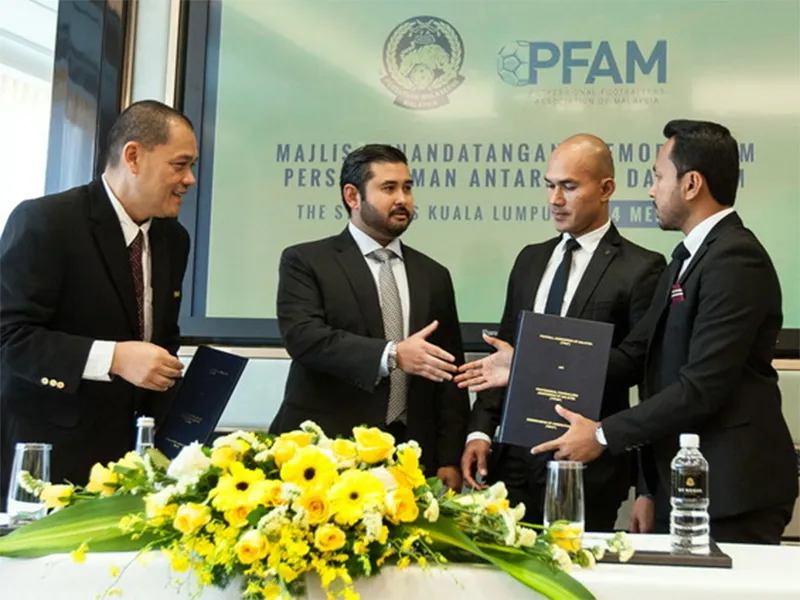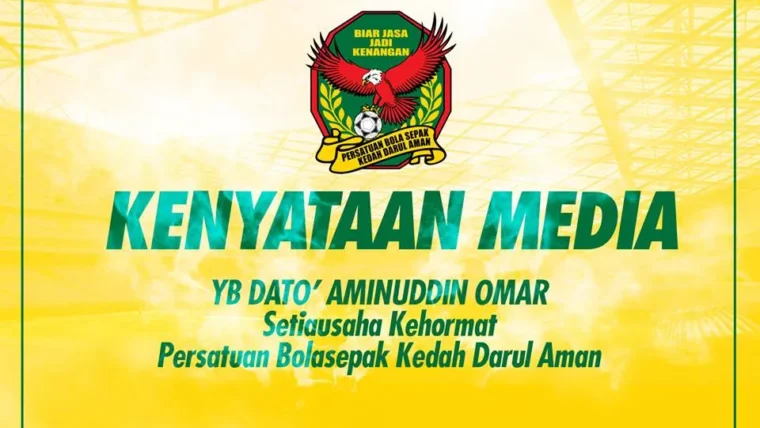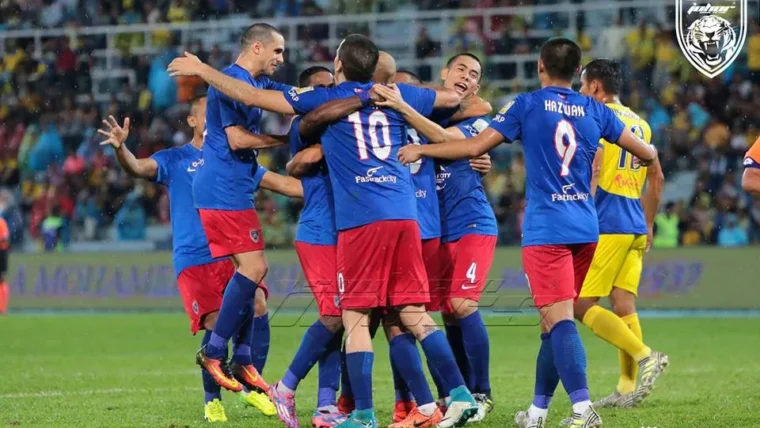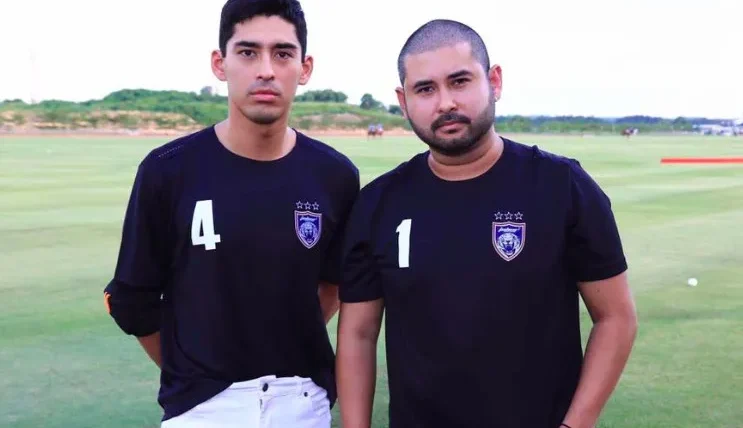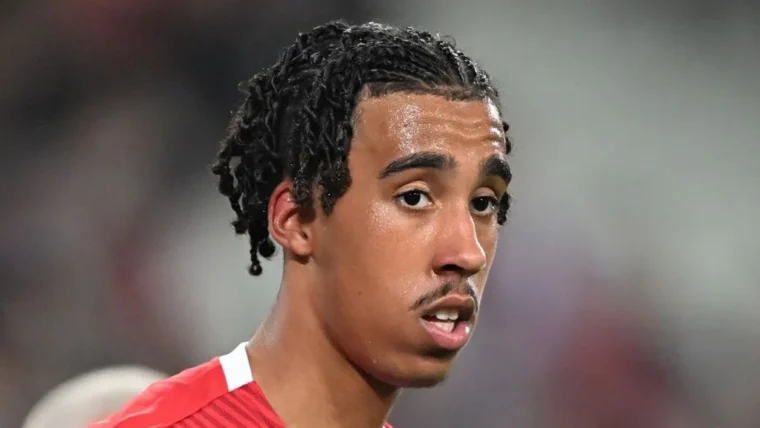It’s not easy to be a footballer in Malaysia.
From the unrealistic expectations – ones that are fueled by a population that continues to drowse in the dreamy world of English Premier League (or European football) – that are placed on their shoulders to the lackadaisical attitude of Football Associations in respecting basic contractual terms, to the non-existence of a localised support eco-system that aids the transition of players into various spectrums of their career, including retirement and even turning pro. Sure, the money can be great. But that’s if you get the money on time. Or at all.
PARADIGM SHIFT?
But life for the average reasonable footballer is about to get better, thanks to the efforts of a small group of individuals behind the Professional Footballer’s Association of Malaysia (PFAM). After three years of tricky negotiations, relentless pressure, constant reiteration of principles and legal diplomacy, PFAM have signed an official Memorandum of Understanding (MoU) with Football Association of Malaysia (FAM), making it the official representative of footballers in Malaysia.
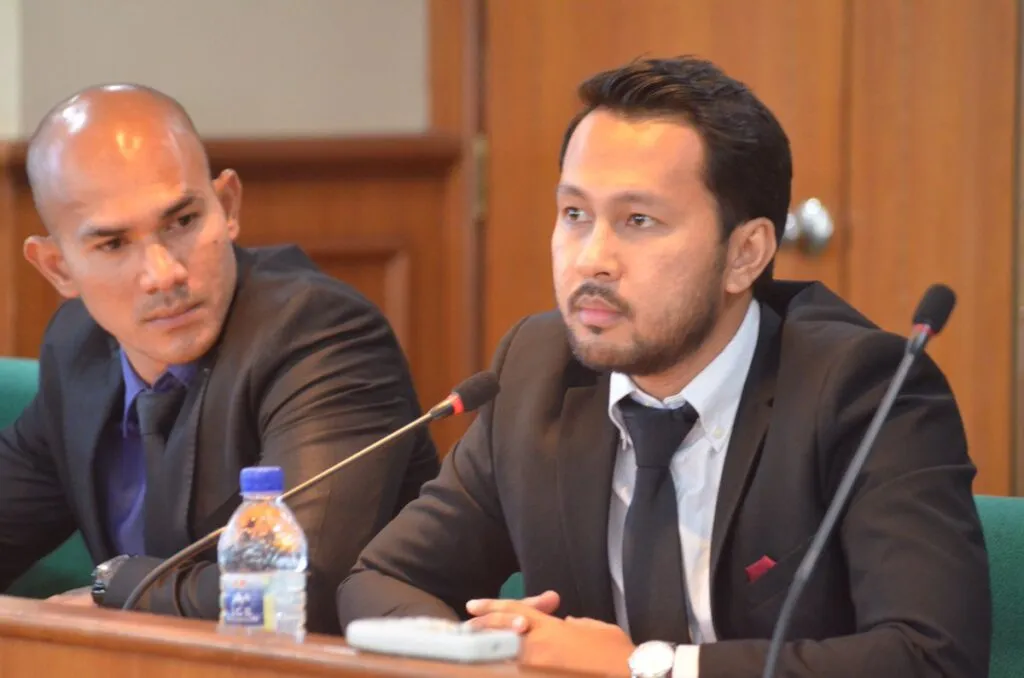
I remember meeting PFAM’s Chief Executive Officer, Izham Ismail for the first time back in September 2015. He was poised about the organization, but poignant about the fate of local footballers and the fact that they are virtually at the behest of state FA’s, with little to no checks and balances. But alongside the legendary Hairuddin Omar, PFAM have done nothing but fight against the powers that be – all of whom were largely uncooperative. Why change when complacency has served you well for decades? Why treat footballers as legitimate employees when you can drop a bombshell on them at your own convinience? These were battles PFAM had to fight, with very little support, but they still went on to rattle important cages within the local football fraternity.
KEY DECISION MAKER
But as of today, the battle will be elevated to a new high ground. According to the statement released by FAM, this partnership will allow PFAM to become an important stakeholder in key decision-making processes, including the potential establishment of a National Dispute Resolution Chamber (NDRC). This will be a huge boost for local footballers as it assures fair and unbiased representation and evaluation in legal disputes with their employers or colleagues.
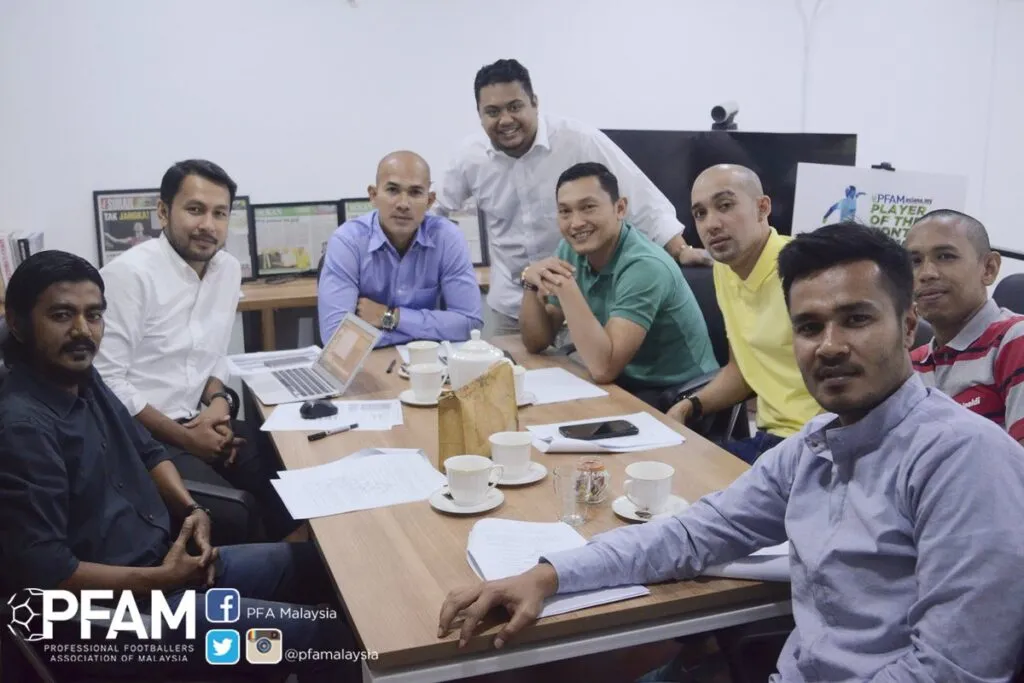
The evolution of PFAM into a key decision-maker is particularly pivotal, given that key footballing decisions would now be far more inclusive and considerate towards local footballers. State FAs, including the ones who were previously uncooperative, will now be required to work hand-in-hand with PFAM in ensuring that players’ basic rights are met and protected. Your Kelantans and ATMs can no longer ignore PFAM’s cries from the sidelines – they’ll be required to treat PFAM as a legitimate member of the Malaysian football eco-system. This new air of legitimacy surrounding PFAM will also give players a better bargaining chip in negotiating contracts and terms with their employers.
IMAGE RIGHTS
Negotiating contracts becomes particularly tricky when it involves image rights. Given the rising popularity of local football stars – Safiq Rahim has appeared in a couple of advertisements on national television while a host of local footballers are sponsored by big brands like Nike, Adidas and even Puma – image rights is becoming a prominent discussion point. In most cases abroad, players will set up an image rights company to represent themselves. This company will then proceed to negotiate deals with the player’s parent club as well as brands out there. But given the lack of exposure here in Malaysian football, most footballers aren’t aware of their own worth and their capacity to monetize their personal image. But with FAM confirming that PFAM will be given a say in developing frameworks regarding players and their image rights, expect more players to be involved in corporate deals over the next few years.
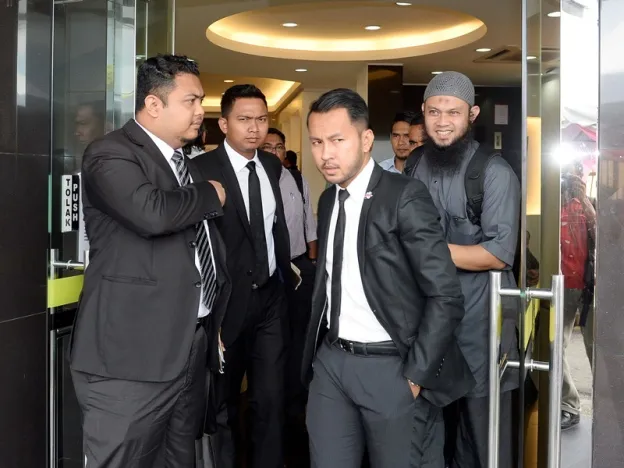
RETIREMENT PATHWAYS
But their bigger role comes in form of crafting pathways for local footballers to transcend into, at the end of their career. With the exception of several individuals who start businesses or plan for an alternative career, a large chunk of local footballers are left absolutely helpless as soon as they hang their boots. There’s the financial side of things, which is always a concern, given how temporary and volatile a footballer’s career can be. The likes of Hairuddin Omar and Rezal Zambery are amongst the select few who went through a smooth transition into retirement. Safiq Rahim and a host of other JDT players, on the other hand, are working on building alternative sources of income, which would make their transition smooth, when it happens. But we’re still exposed to the continuous emergence of stories regarding ex-pros who are in major financial limbos, aren’t we?
The emotional aspect of the struggle is something that largely undealt with as well. When John Terry was caught reading Alan Gernon’s Retired: What Happens to Footballers When the Game’s Up back in February, eyebrows were unsurprisingly raised all over the globe. But the bottom line is, even the greatest footballers on the planet struggle with having to abandon a portion of their lives that defined their very existence for 10-20 years. We rarely ever hear discussions about this particular aspect in Malaysian football – maybe it’s our nonchalance towards the matter, or even the fact that mental health is very much a taboo topic in this side of the world. But if it exists in Europe, chances are that it also exists in Malaysia. And PFAM is now primely positioned to spearhead iniatives to deal with it.
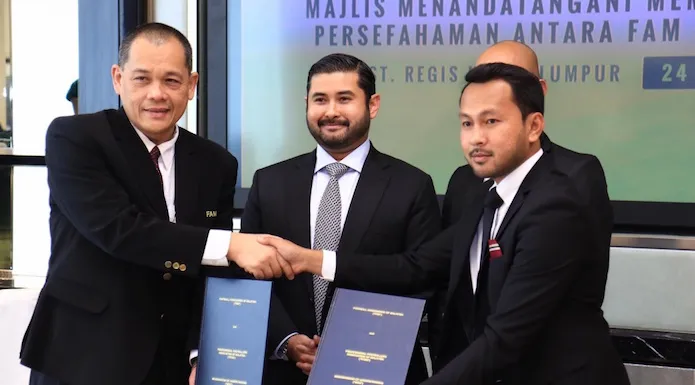
SHIFT IN MENTALITY
The tricky part about this entire process is implementing a long-term shift in mentality. For the time being, it has to be a top-down process, whereby rules, regulations, punishments and sanctions act as key deterrence factors in ensuring that players are respected and treated amicably. But the obvious long-term goal is to effectuate a culture of football governance that treats players as respectable stakeholders within the eco-system.
You’d want T-Team to start paying wages on time because it’s the right to do, not out of fear of point deduction. You’d want Kelantan respect contractual obligations because it’s the deal that was agreed with their employees, not because they might be sanctioned by FMLLP. Ultimately, treating players the right way has to be a priority, not a side quest that can be abandoned at the behest of State FA’s. How long will it take us to get there? Probably decades. But PFAM’s small step, under the tutelage of Tunku Ismail ibni Sultan Ibrahim, could be a giant leap for Malaysian football.
Other posts by Keeshaanan Sundaresan

